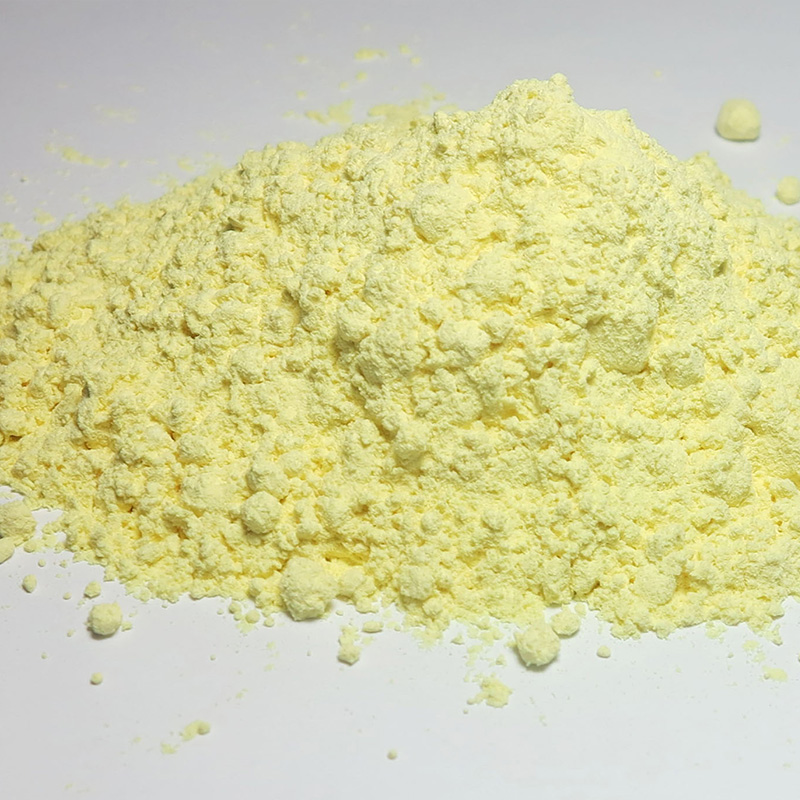Chemical vulcanization agents play a significant role in rubber and elastomeric materials

Chemical vulcanization agents play a significant role in the production of rubber and elastomeric materials. These additives are crucial in determining the final properties of the vulcanized product.
The addition of vulcanizing agents leads to an increase in the strength and rigidity of rubber. This is due to the formation of a three-dimensional network within the rubber matrix, which provides structural integrity to the material.
Vulcanization agents contribute to the resistance of rubber to permanent deformation. This is particularly important in applications where the rubber must maintain its shape under stress, such as in seals and gaskets.
The use of vulcanization agents can also affect the adhesion properties of rubber. Properly vulcanized rubber can bond more effectively with other materials, which is beneficial in applications requiring strong adhesion, such as tire manufacturing.
Vulcanization can improve the resistance of rubber to various environmental factors, including UV radiation, ozone, and chemical exposure. This is achieved by stabilizing the rubber's molecular structure, which helps to prevent degradation.
From a manufacturing perspective, the use of vulcanization agents can simplify the processing of rubber. They can reduce the time and energy required for the vulcanization process, leading to more efficient production cycles.
In summary, chemical vulcanization as a process and the use of vulcanization agents as additives significantly influence the performance and characteristics of rubber products, making them suitable for a wide range of applications.
- Art
- Causes
- Crafts
- Crypto
- Dance
- Drinks
- Defi
- Film
- Fitness
- Food
- Игры
- Gardening
- Health
- Главная
- Literature
- Music
- Networking
- Другое
- Party
- Religion
- Shopping
- Sports
- Theater
- Wellness

